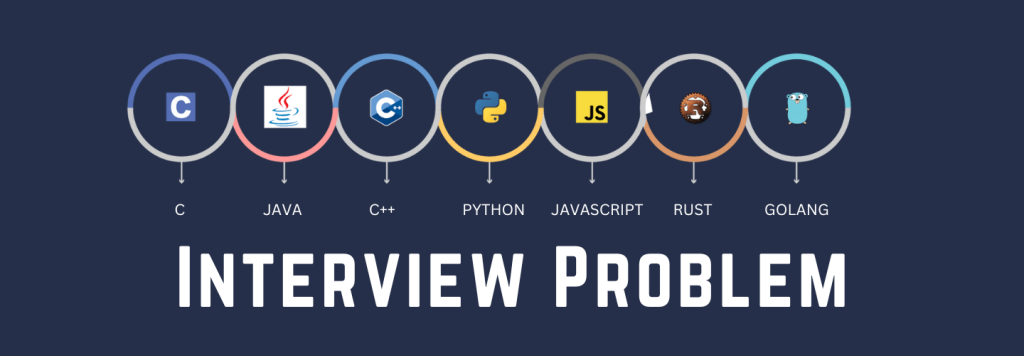Linked lists are commonly used data structures in computer programming. Linked lists consist of nodes that are dynamically allocated, meaning that memory must be manually managed. Memory management can be a complex and error-prone task, and to make it easier, shared pointers are used in linked list implementation.
Shared pointers are smart pointers that help automate memory management. They allow multiple pointers to point to the same memory address, which is particularly useful in linked lists. This is because linked lists often have multiple pointers to the same node. Shared ownership ensures that the node is only deleted when there are no more shared pointers pointing to it.
Shared pointers also keep track of the number of shared pointers that reference a particular memory address. This is known as reference counting. When the count reaches zero, the memory is automatically deallocated. This helps prevent errors related to dangling pointers, which can occur when a pointer references memory that has already been deallocated.
One of the main benefits of using shared pointers in linked list implementation is automatic garbage collection. Shared pointers provide automatic garbage collection, which eliminates the need for manual memory management. This can greatly simplify the implementation of linked lists and make the code easier to read and maintain.
Overall, shared pointers are used in linked list implementation to improve the safety and efficiency of the code, as well as simplify the memory management process. They provide automatic garbage collection, shared ownership, and reference counting, which makes it easier to write code that is safe from memory-related errors.
sorting a linked list using shared pointers:
// Define the linked list node struct
struct Node {
int data;
shared_ptr<Node> next;
};
// Define the function to sort the linked list
void sortLinkedList(shared_ptr<Node>& head) {
shared_ptr<Node> current = head, index = nullptr;
int temp;
// Check if the head is null or only has one node
if (head == nullptr || head->next == nullptr) {
return;
} else {
// Traverse through the linked list
while (current != nullptr) {
index = current->next;
while (index != nullptr) {
// Swap the data if the current data is greater than the next data
if (current->data > index->data) {
temp = current->data;
current->data = index->data;
index->data = temp;
}
index = index->next;
}
current = current->next;
}
}
}
Explanation: The above code sorts a linked list in ascending order using shared pointers. Shared pointers are smart pointers that help manage memory allocation and deallocation, allowing multiple pointers to point to the same memory address. They are particularly useful for linked lists because linked list nodes can be dynamically allocated and deallocated.
The function sortLinkedList takes a shared pointer to the head of the linked list as input. It defines two shared pointers, current and index, which will be used to traverse through the linked list and compare each node’s data. It also defines an integer variable temp, which is used to swap the data of two nodes.
The function first checks if the head is null or only has one node. If so, the function returns, as there is nothing to sort. Otherwise, the function traverses through the linked list using the current pointer. It then initializes the index pointer to the next node after current and compares current‘s data to index‘s data. If current‘s data is greater than index‘s data, the function swaps the data by using the temp variable.
After index has traversed the rest of the linked list, the function increments current to the next node and repeats the comparison process. Once the end of the linked list is reached, the function returns the sorted linked list.
Overall, the use of shared pointers in the pseudocode helps ensure that the memory allocated to the linked list is correctly managed, even in the case of exceptions or other errors that may occur during the sorting process.
